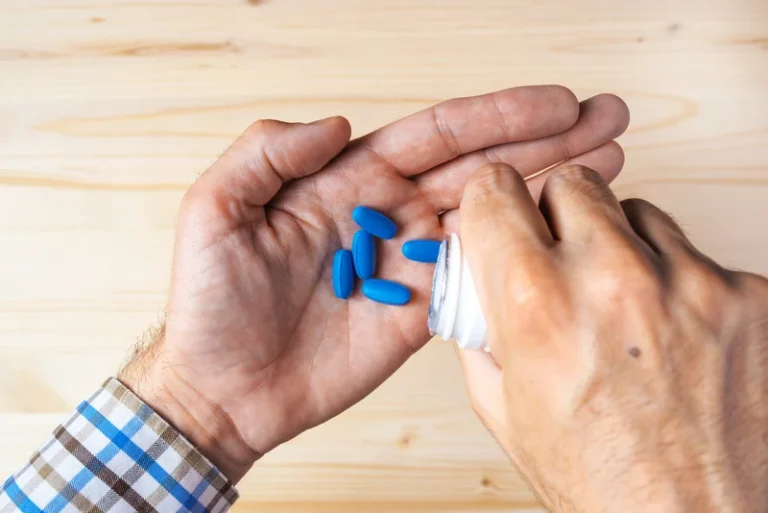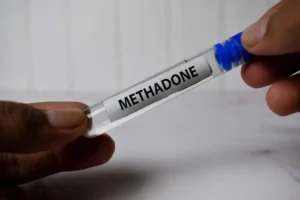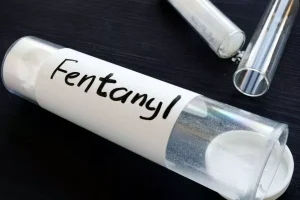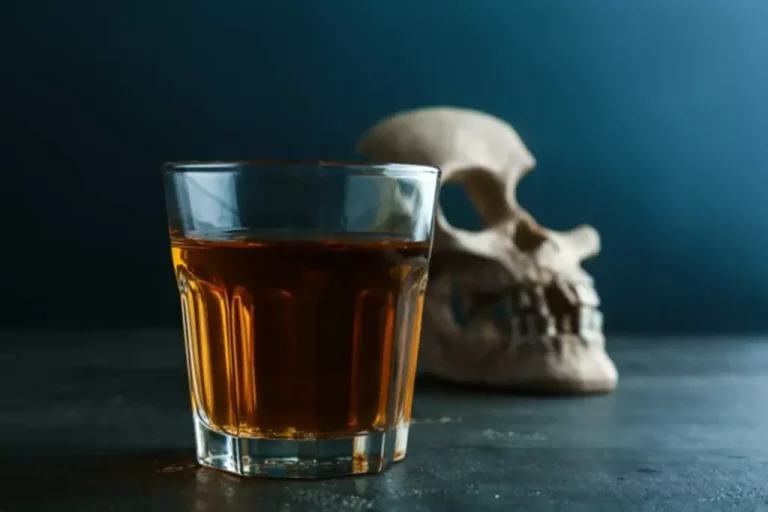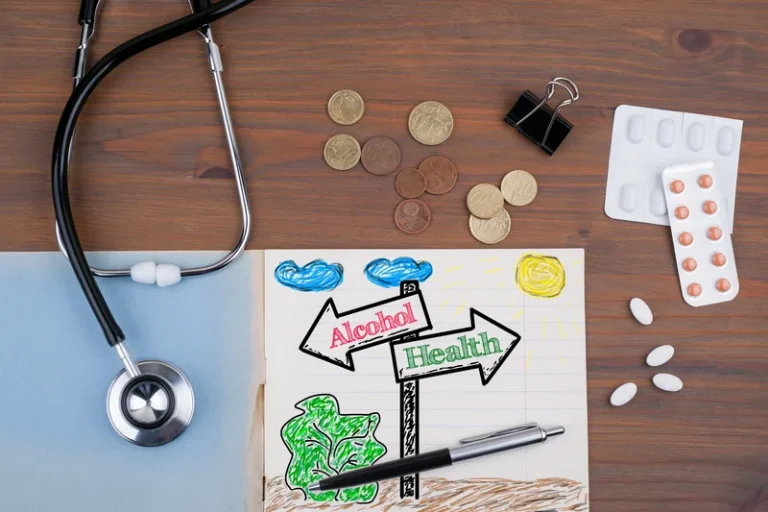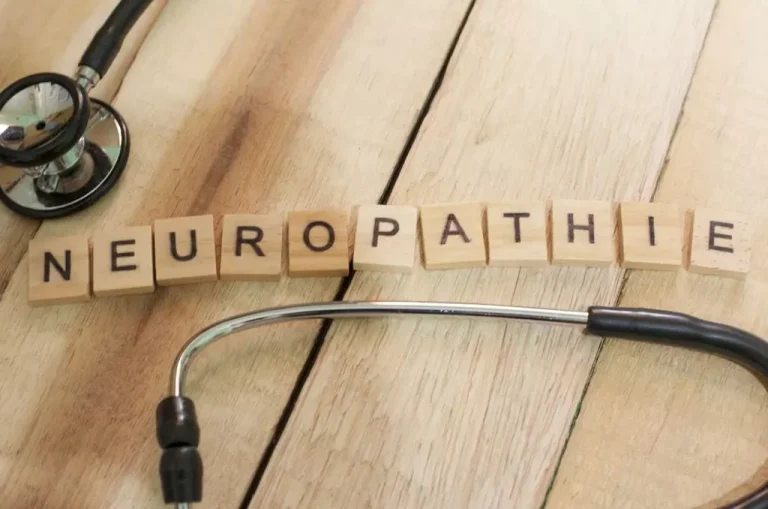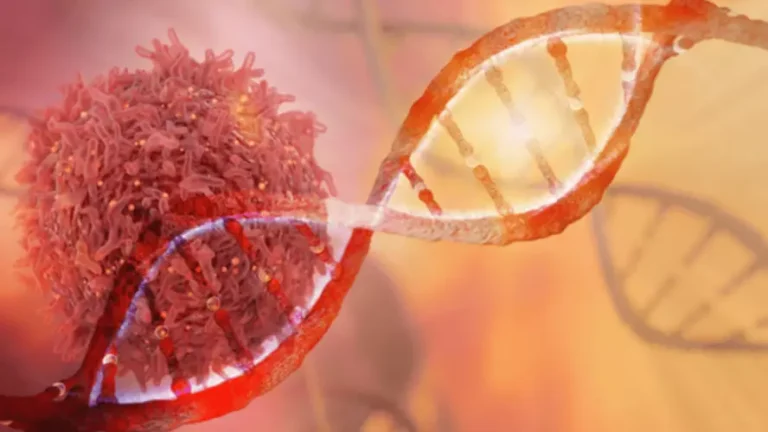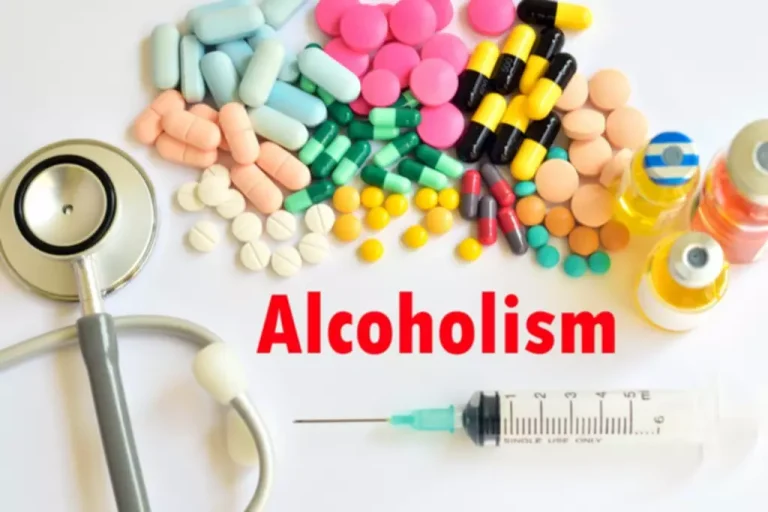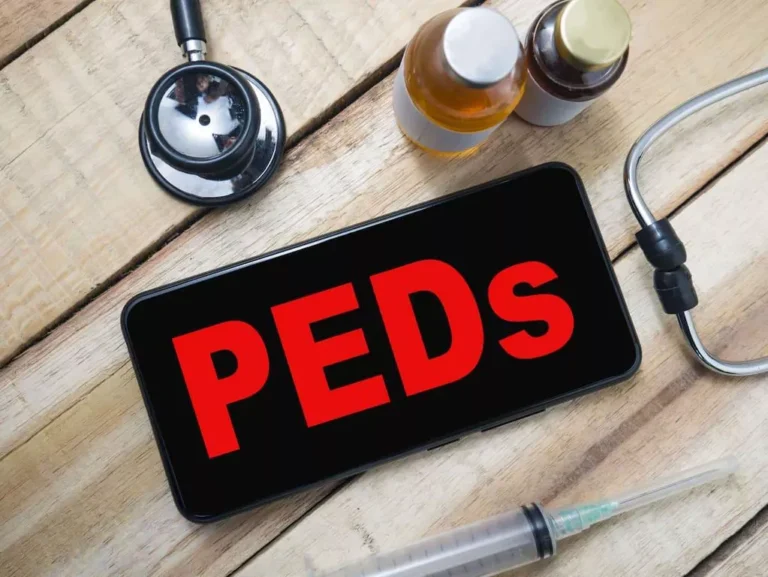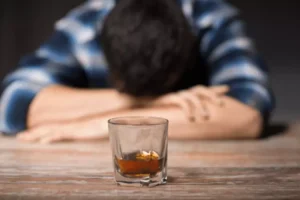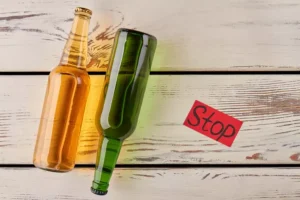Muscle relaxants are prescribed for a wide variety of conditions, including strains and sprains, tension headaches, spinal cord injuries, traumatic brain injuries and cerebral palsy. They have therapeutic benefits when used as directed; however, there is a potential for abuse as well. Some of the most commonly abused muscle relaxant drugs include Soma, Flexeril and Lioresal. Other abused muscle relaxants include Robaxin, Norflex and Parflex. This product may contain inactive ingredients, which can cause allergic reactions or other problems.
What other drugs will affect carisoprodol?
Drug interactions may change how your medications work or increase your risk for serious side effects. This document does not contain all possible drug interactions. Keep a list of all the products you use (including prescription/nonprescription drugs and herbal products) and share it with your doctor and pharmacist.
Need a substitute for Carisoprodol?
Carisoprodol can cause side effects that may impair your thinking or reactions. Be careful if you drive or do anything that requires you to be awake and alert. It can increase drowsiness and dizziness caused by this medicine.
2 Drug Dependence, Withdrawal, and Abuse
This means meprobamate can accumulate in someone’s system if they take several doses over the course of a day. This increases the chance of side effects and the potential for dependency. This article looks at Soma, its uses, side effects, and interactions with other drugs. It also advises on avoiding dependence and answers some frequently asked questions. I disagree with your opinion of not taking any type of benzodiazepine.
How is it abused?
Since Soma does have a potential for abuse, patients should let their doctor know if they have any history of drug abuse or addiction before taking the drug. This is not a complete list of side effects and other serious side effects or health problems may occur as a result of the use of this drug. Call your doctor for medical advice about serious side effects or adverse reactions.
- If these effects are mild, they may go away within a few days or a couple of weeks.
- Carisoprodol is a prescription medication used to treat Musculoskeletal Conditions.
- Carisoprodol is considered a controlled substance in the United States.
- I tried Flexeril and it was terrible; I felt like a zombie and got depressed as well.
- Visit the RxList Drug Interaction Checker for any drugs interactions.
- Talk to your doctor if you are using marijuana (cannabis).
Soma (Carisoprodol) Prescription Facts
Do not lie down for at least 10 minutes after taking this medication. If you have stomach upset or nausea, it may help to take this drug with food. Ask your doctor or pharmacist about other ways to decrease nausea (such as lying down for 1 to 2 hours with as little head movement as possible). See also Warning section.This product is used short-term to treat muscle pain and discomfort. It is usually used along with rest, physical therapy, and other treatments. Codeine is an opioid pain reliever that works in the brain to change how your body feels and responds to pain.
The meprobamate metabolite can take nearly four days to be eliminated from the system, even after the parent drug has been fully eliminated. I have had a cronic back condition for 18 years and 4 doctors. Each time I get a new doctor I have had https://sober-house.org/lsd-abuse-is-acid-addictive-and-how-is-it-abused/ to fight with them because there only seems to be 2 drugs that work for me Soma and Valium and doctors don’t like to perscribe either. They found out about 5 or 6 years ago that Soma metabolizes into another form of drug which is addicting.
Some children are more sensitive to codeine and have had very serious (rarely fatal) breathing problems such as slow/shallow breathing (see also Side Effects section). The risk is greater in children who are obese or have breathing problems, or after certain surgeries (including tonsil/adenoid removal). Talk with your doctor or pharmacist about the risks and benefits of this medication. This medication may increase the risk of bleeding when taken with other drugs that also may cause bleeding. Examples include anti-platelet drugs such as clopidogrel/ticagrelor, “blood thinners” such as dabigatran/enoxaparin/warfarin, among others.
It is therefore advisable to exercise caution when this drug is used during breastfeeding Label. The absolute bioavailability of carisoprodol has not yet been established. The mean time to peak plasma concentrations (Tmax) of this drug was about 1.5-2 hours in clinical studies Label.
Soma is pregnancy category C, which means there may have been adverse effects of the drug observable in animal studies. Alternatively, this classification means that research on pregnant individuals has been limited or inconclusive. However, the NLM says some studies suggest the drug shows up in the placenta and can https://sober-house.net/dual-diagnosis-treatment-in-california-addiction/ negatively affect fetal growth and postnatal survival. Soma is pregnancy category C, which means there may have been adverse effects of the drug observable in animal studies. A person should discuss their Soma prescription with a doctor to ensure they understand how much to take and how long they will take the drug.
It is metabolized in the liver via the cytochrome P450 oxidase isozyme CYP2C19, excreted by the kidneys and has about an eight-hour half-life. However, Soma can be addictive, and some people take it recreationally for its sedative effects. Its primary ingredient, meprobamate, is a controlled substance.
Carisoprodol can pass into breast milk and may cause drowsiness in a nursing baby. You should not take carisoprodol if you have porphyria (a genetic enzyme disorder that causes symptoms affecting the skin or nervous system). The use of drinks that contain https://sober-home.org/16-ways-to-stop-drinking-alcohol/ alcohol can make your drowsiness worse. If you drink alcohol, talk to your doctor about whether this drug is safe for you. Carisoprodol may be used as part of a combination therapy. This means you may need to take it with other medications.
Older adults may be more sensitive to the side effects of this drug, especially drowsiness, confusion, stomach/intestinal bleeding, and ulcers. Drowsiness and confusion can increase the risk of falling. This includes prescription and over-the-counter medicines, vitamins, and herbal products. Tell your doctor about all your current medicines and any medicine you start or stop using. Using carisoprodol with other drugs that make you sleepy or slow your breathing can cause dangerous side effects or death. Ask your doctor before using opioid medication, a sleeping pill, a muscle relaxer, or medicine for anxiety or seizures.

